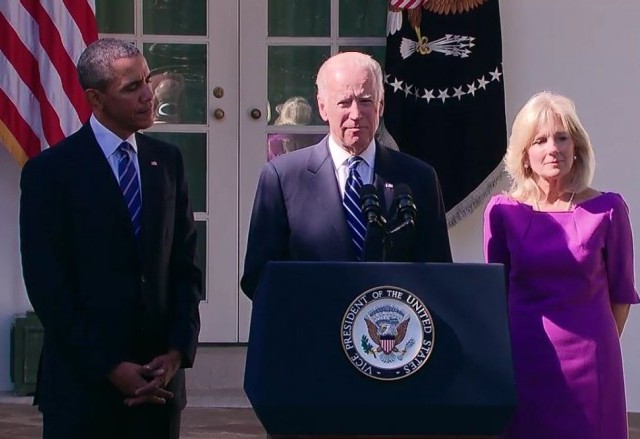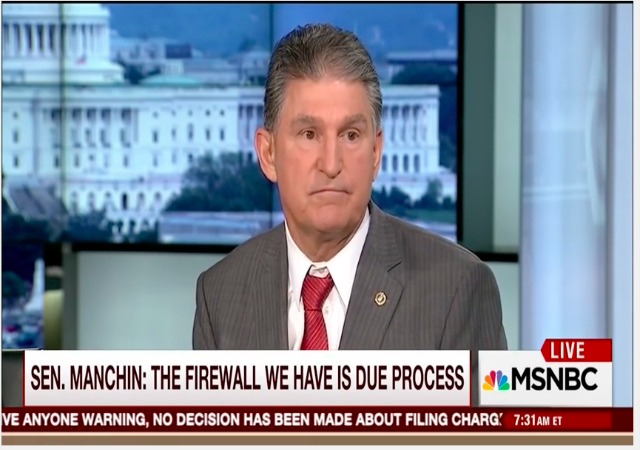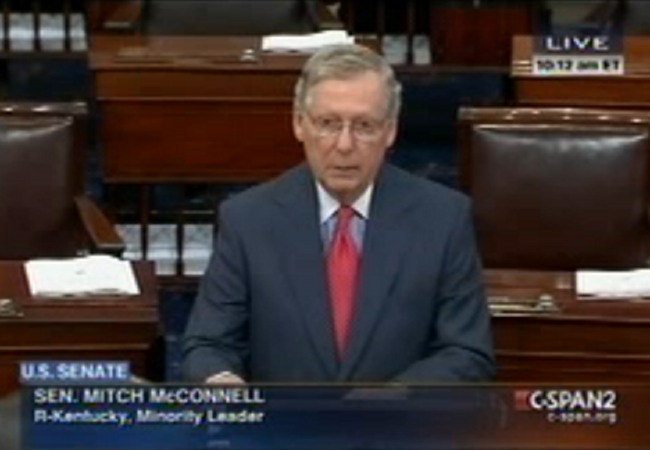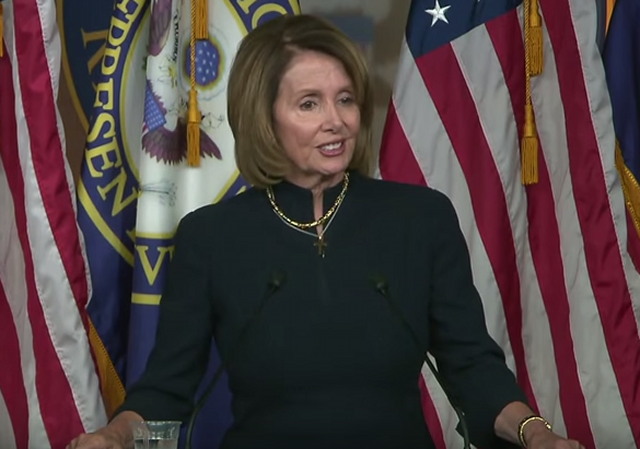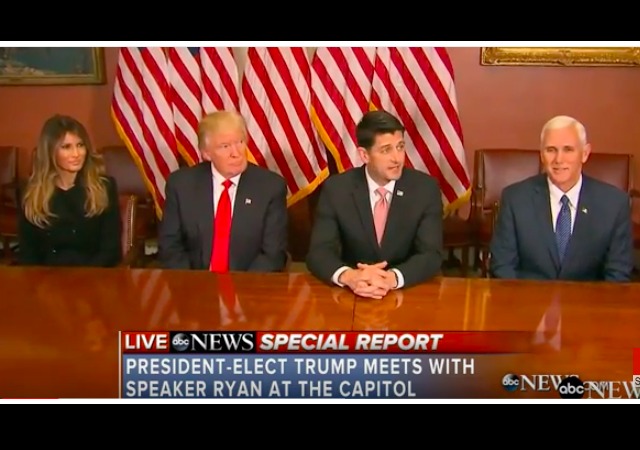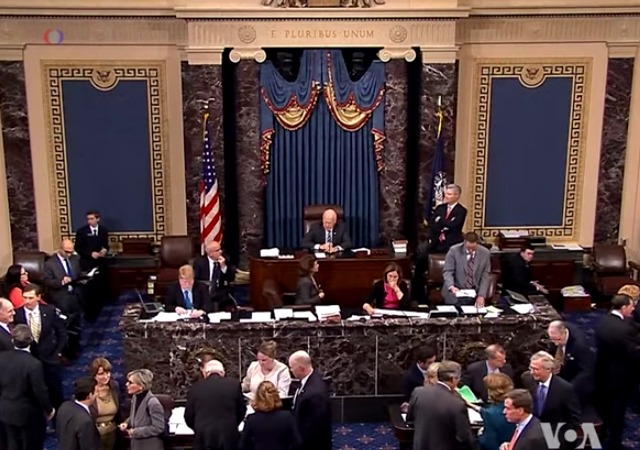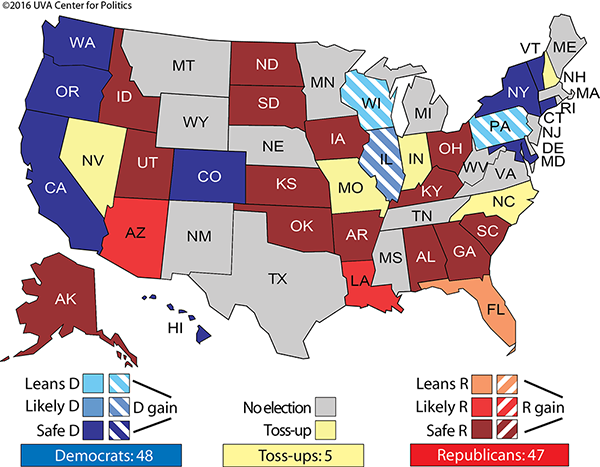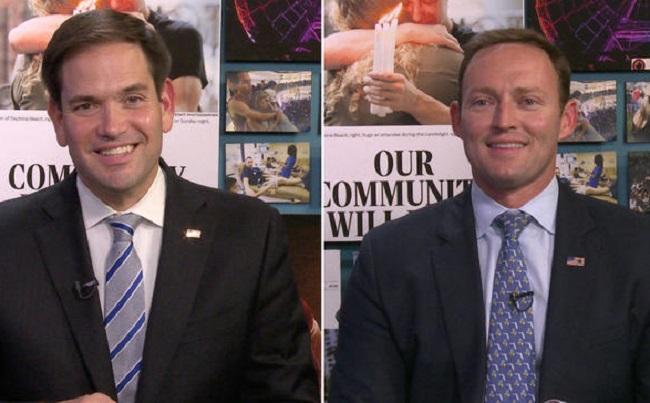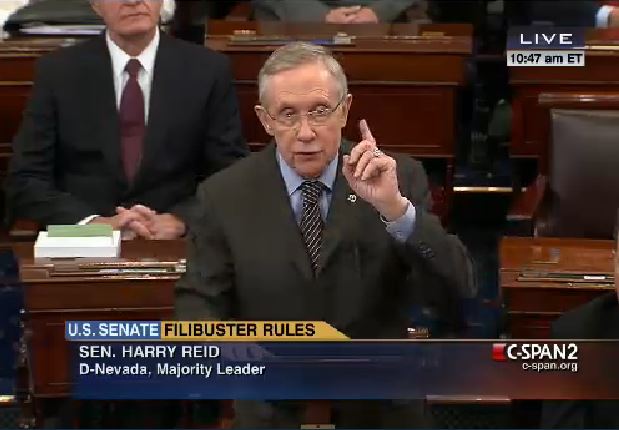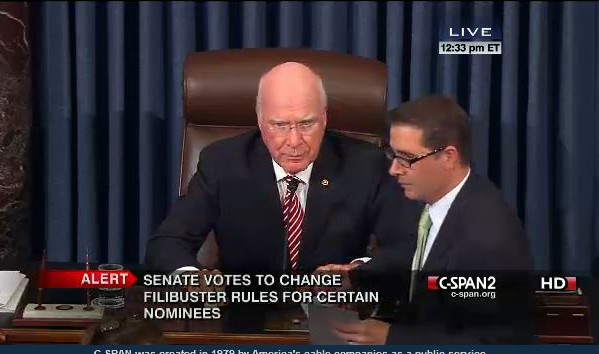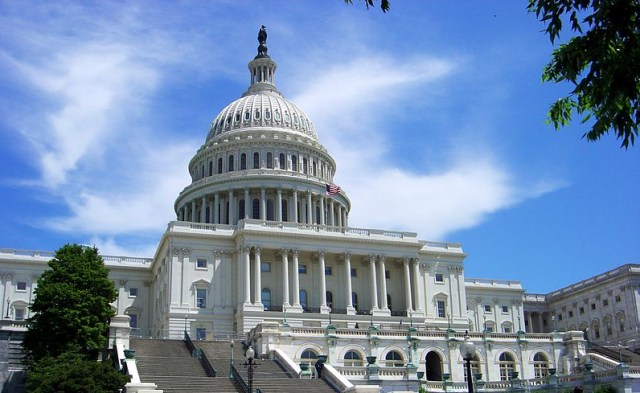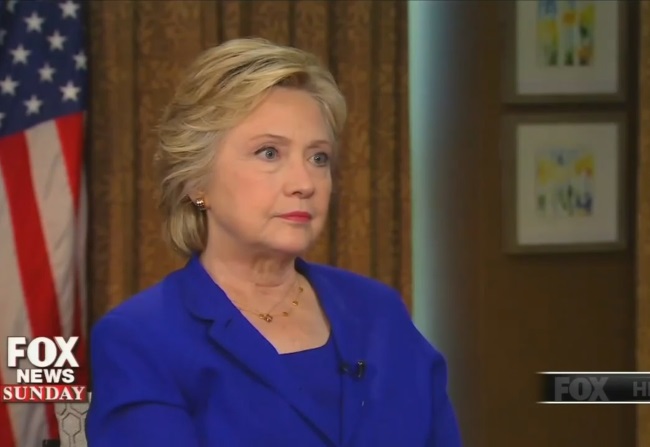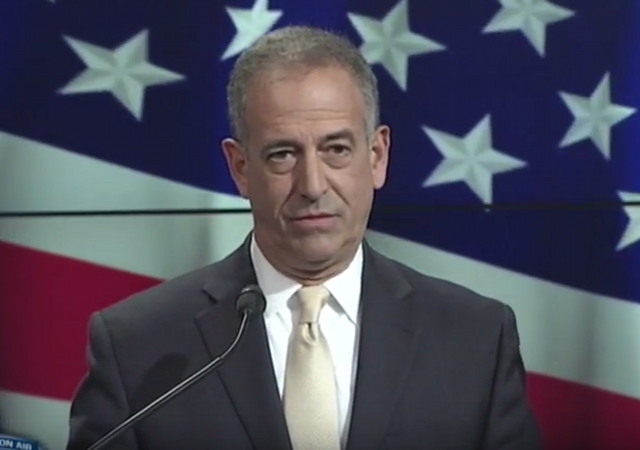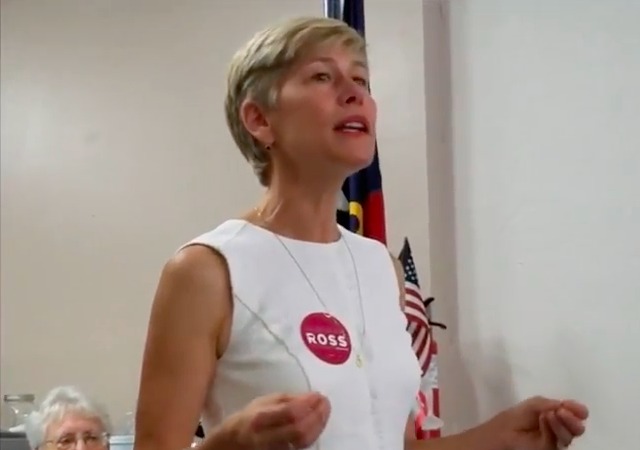The Florida Senate race is starting to look a lot like the presidential race, at least in terms of wildly fluctuating numbers amongst polls and significant changes reported almost daily.
Marco Rubio (R-FL) is running against newly-mined Democrat and Representative of Florida's 18th district Patrick Murphy (D-FL), and the race currently stands . . . who knows? Polls show that Rubio is up as much
as 10 points,
6 points, or maybe only
3.6 points (the latter two down from
a 7 point lead earlier this month).
Murphy, so far, is not leading and has not led in any poll, but that hasn't stopped Democrats from taking another look as polls fluctuate and the race appears to tighten.
Following the
DSCC pulling its money out of the Rubio-Murphy race less than two weeks ago,
Roll Call reports that two super PACs, one backed by Harry Reid, are quickly getting Murphy some small amounts of cash.
Florida Rep. Patrick Murphy is getting a cash boost from donors and a Democratic super PAC as his campaign shows signs of life in his Senate race against Republican incumbent Sen. Marco Rubio.



